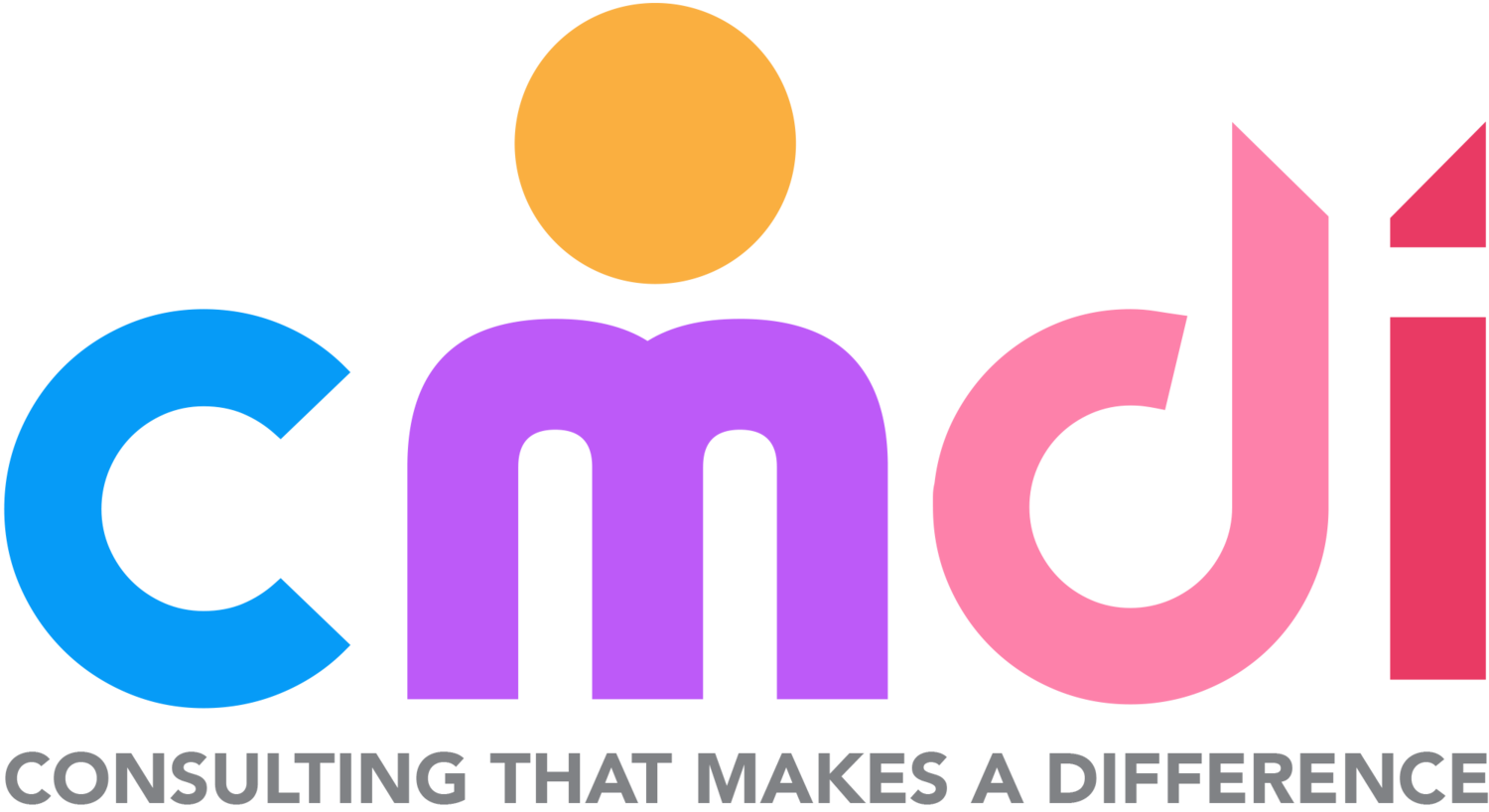Disability Stands for Independence and Freedom!
What does independence and freedom mean to you? Are you able to think, speak, or act as you please without judgement or scrutiny? As an educator for all learners, I understand the meaning of inclusivity. For many others, the word disability means something very different. Different - a word that says you are not like others. A word that may tell people you have challenges or you have to fight harder in the face of adversity. To me, different means, you are not the same, you are unique, and you are able to see the world with contrasting views. All humans, especially people with disabilities, deserve freedom, love, and the chance to be successful each day.
“The hard reality is this. Society in every nation is still infected by the ancient assumption that people with disabilities are less than fully human and therefore, are not fully eligible for the opportunities which are available to other people as a matter of right. (Justin Dart, disability rights activist, 1992, quoted in DEMOS, 2002)”
Why do people with disabilities still struggle with this in the 21st century? What can we do to give people with disabilities freedoms like everyone else? If we choose to be kind, choose to know more, and choose inclusive practices, I know the world will be a better place for all, especially people with disabilities. Here are a few strategies to help others become more inclusive and empathetic for people with disabilities and others.
Check out How To Include People with Disabilities to learn more.
● Communicate from the top that all people, including people with disabilities, have value and are respected and openly welcomed.
● Acknowledge, understand, and embrace the widespread nature of disability. Disability touches every demographic category – gender, age, race, sexual orientation, etc. and impacts most people eventually through accident, illness or aging.
● Walk the walk (or roll the roll) and help others or people around you do the same.
● Make sure people with disabilities are part of the solution.
● Recognize the talents of people with disabilities.
● Make a commitment to enable people with disabilities to develop peer relationships, build social skills, and respect and accept each other.
AND
● Use appropriate language and etiquette.
● Refer to people respectfully and how they want.
● Ask people with disabilities how they prefer to be identified, and use the word “disability.”
People with disabilities have worked very diligently in life and in politics to develop new laws to make how they live and work more inclusive and more independent. As a non-disabled person, it is my job to understand what it means to have a disability, and to use this knowledge to be a change agent who recognizes the talents, intelligence, and the unique characteristics of people who have a disability. Everyone brings special traits to the world they live in and NOW is the time to honor people with disabilities more than ever. During this July 4th, choose kind and choose to learn more about WHAT we can do to help people with disabilities continue to be more independent!
